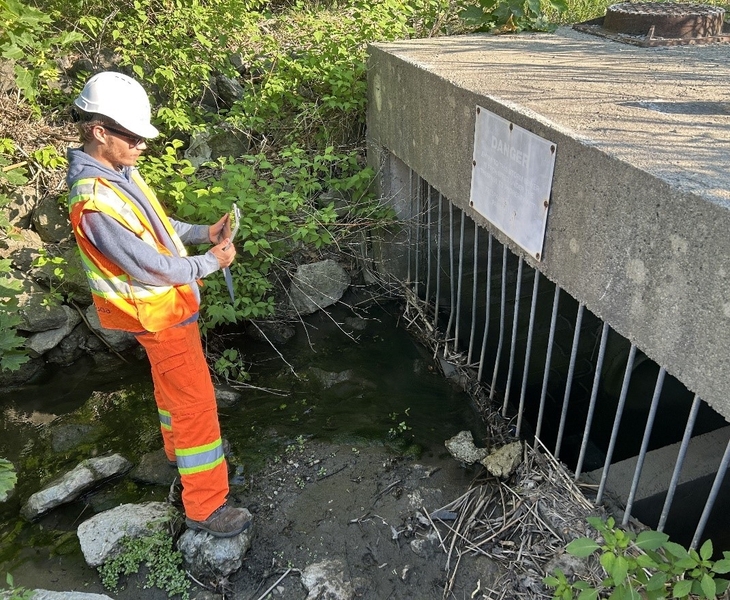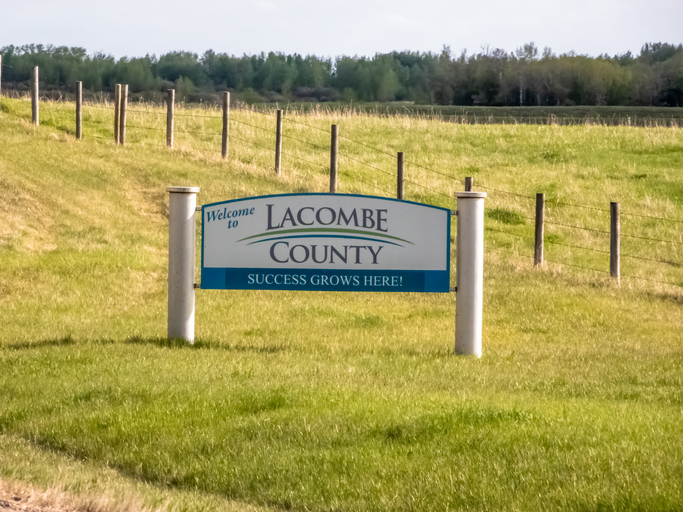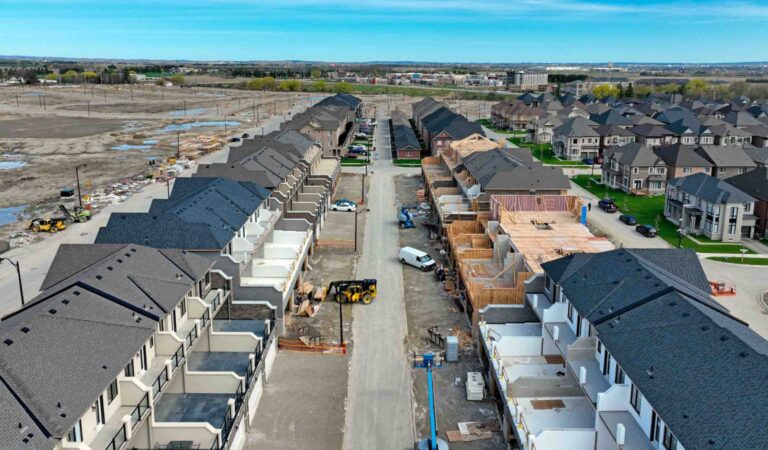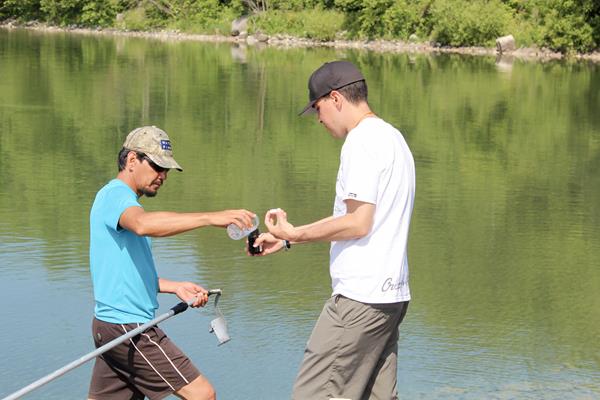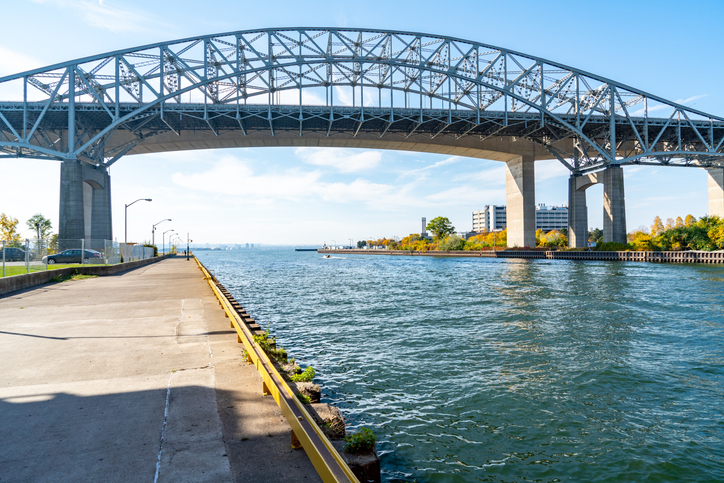The Government of Canada has provided an update on drinking water advisories on reserve in First Nations.
“Our government is committed to ensuring all long-term drinking water advisories in First Nations communities are lifted,” said Marc Miller, minister of Indigenous services. “This work is not only about improving community infrastructure so that water is safe to drink, but also about restoring trust in the water supply and ensuring that future generations do not have to face the same challenges.”
“Today we mark important milestones in this progress—the 100th and 101st long-term drinking water advisories being lifted,” added Miller. “However, we recognize that there is still work to do and we will not stop until all the work is done.”
Minister Miller congratulated Anishinabe of Wauzhushk Onigum, Ontario on the lifting of the last remaining long-term drinking water advisory in its community. The advisory had been in effect since 2012. The lifting of this last advisory means improved access to clean water for the majority of residents in the community.
“Safe drinking water is a basic human right, and my Council and community are grateful to Indigenous Services Canada and the many people who worked with us to find, fund, and implement the infrastructure investments that have allowed us to achieve this very important outcome for the health and well-being of our community,” said Chris Skead, chief of Anishinabe of Wauzhushk Onigum.
The First Nation lifted a long-term drinking water advisory in the fall of 2020 as well, following the connection of 106 homes and 15 community buildings to the city of Kenora’s water and wastewater systems. Work in the community also included the installation of 31 decentralized water treatment systems to homes outside the main areas of Second Portage and Bald Indian Bay.
According to the Government of Canada, this work has improved access to clean, reliable drinking water, wastewater services, and fire protection. The Government of Canada allocated $14.8 million to Anishinabe of Wauzhushk Onigum to support this work.
The most recent lifting by the Anishinabe of Wauzhushk Onigum marks the 100th long-term drinking water advisory lifted in a First Nation on reserve since November 2015. This marks a significant accomplishment that First Nations communities have worked relentlessly to achieve, despite facing unprecedented challenges stemming from the COVID-19 pandemic.
Xeni Gwet’in First Nations Government Lifts Long-Term Drinking Water Advisory
Minister Marc Miller also congratulated the Xeni Gwet’in First Nations Government in B.C. on lifting the last remaining long-term drinking water advisory in its community, providing reliable access to clean water to eight homes.
To do so, the First Nation piloted innovative point-of-use LED-UV disinfection systems in each affected home. With support from the Government of Canada and the First Nations Health Authority, a monitoring and sampling program has shown that the units are providing clean water to residents. This enabled the advisory to be lifted.
Overall progress on Government of Canada’s commitment to clean drinking water
According to the Government of Canada, its commitment to clean drinking water is about building a sustainable and durable foundation that ensures that First Nations communities have access to safe drinking water now and in the future. Reliable, robust infrastructure is key to achieving this.
Since November 2015, First Nations, supported by the Government of Canada, have built 51 new water and wastewater treatment plants. They have also upgraded 241 water and wastewater systems, with upgrades to 177 more underway.
The Government of Canada has indicated that it will continue to provide stable and predictable operations and maintenance funding so that First Nations are better able to prevent drinking water advisories from occurring in the first place. To do so, the 2020 Fall Economic Statement committed $616.3 million over six years, and $114.1 million per year thereafter, to increase operations and maintenance funding to cover up to 100 per cent of the formula costs of operations and maintenance.
The Government of Canada remains committed to ending all long-term drinking water advisories on public systems on reserves. It’s also committed to building sustainable, long-term solutions that meet the diverse needs of First Nations communities.


